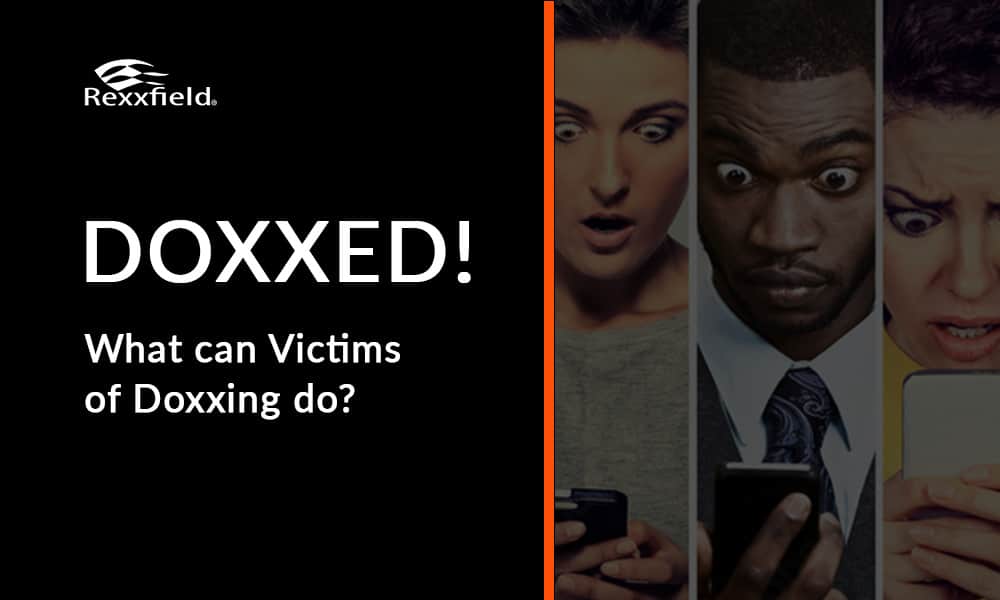Doxxed

In today’s interconnected world. Where social media platforms and online communities flourish. The concept of privacy has become increasingly elusive. One particularly insidious threat to personal privacy is doxxing. Doxxing. Derived from the word “docs” refers to the malicious act of researching and publicly disclosing private or sensitive information about an individual or organization without their consent. While often perceived as a tool for vigilante justice or online activism. Doxxing poses significant dangers and ethical concerns that cannot be overlooked.
Financial Information
The practice of doxxing can have devastating consequences for its victims. It can lead to harassment identity theft and even physical harm. Personal details such as home addresses financial information and employment history can be weaponized by malicious actors to intimidate or extort individuals. Moreover, once private information is exposed online. It can spread rapidly across the internet. Making it nearly impossible to contain or erase.
World Repercussions
One of the most troubling aspects of doxxing is its potential to incite offline violence. In recent years. There have been numerous cases where individuals have been targeted for doxxing. Leading to real-world repercussions. For example online harassment campaigns fueled by doxxing have resulted in swatting incidents. Where perpetrators make false reports to law enforcement. Leading armed officers to the victim’s home. In extreme cases, doxxing has been linked to cases of assault and even murder.
Indiscriminate
Furthermore, doxxing undermines the fundamental principles of privacy and freedom of expression. In a society where individuals are entitled to their own thoughts, beliefs, and identities, the indiscriminate exposure of personal information erodes trust and fosters a culture of fear and censorship. Victims of doxxing may feel compelled to self-censor or withdraw from online discourse altogether, depriving them of their right to participate in public debate and express themselves freely.
Stronger Data
Addressing the issue of doxxing requires a multifaceted approach involving technology, legislation, and education. Internet companies and social media platforms must take proactive measures to safeguard user privacy and prevent the dissemination of sensitive information. This may involve implementing stronger data protection measures, enhancing user authentication processes, and deploying algorithms to detect and remove doxxing content. Additionally, lawmakers must enact comprehensive legislation to criminalize and deter the act of doxxing, holding perpetrators accountable for their actions.
Protect Themselves
Education plays a crucial role in combating doxxing and promoting digital literacy. By raising awareness about the risks and consequences of doxxing, individuals can learn to protect themselves online and recognize the signs of potential threats. Schools, community organizations, and online platforms can provide resources and training on digital security, privacy best practices, and responsible online behavior.
Conclusion
The fight against doxxing requires collective action and a commitment to upholding the values of privacy, freedom, and respect for human dignity. By working together to address this pervasive threat, we can create a safer and more inclusive digital environment for all. Let us not allow fear and intimidation to silence our voices or erode our rights. Together, we can build a future where privacy is protected, and individuals can express themselves without fear of retribution or harm.

